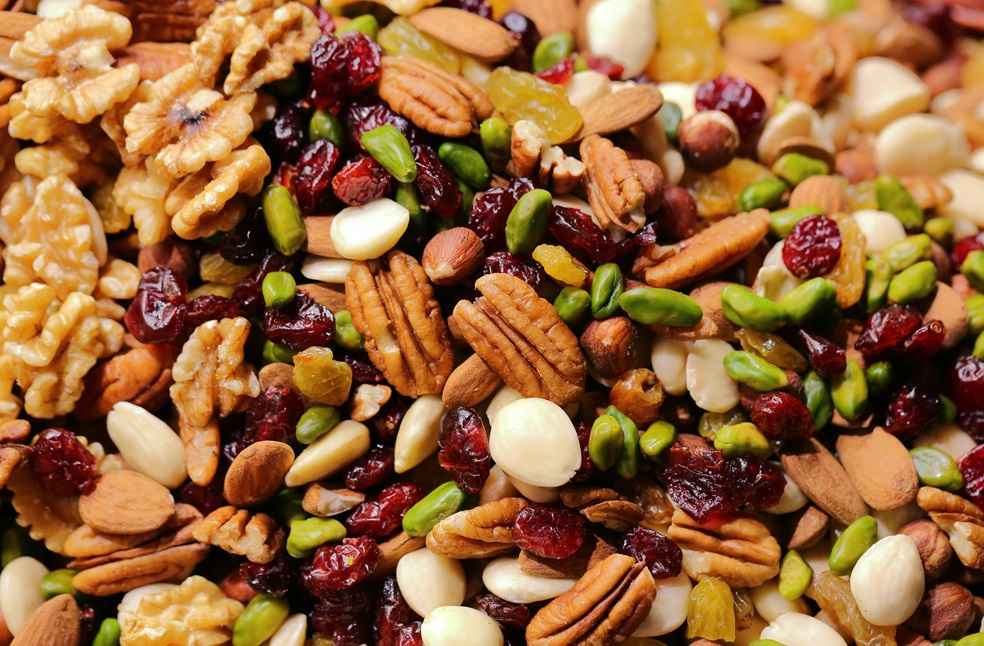Do you feel midnight hunger or lose sleep over food cravings? Many factors can cause you to wake up hungry at night, including lifestyle, eating habits, and metabolism. But it can be remedied by taking a few steps to help improve your sleep and well-being.
In today’s world, people are more conscious of their health, especially after the COVID-19 pandemic. But they mostly prefer to use drugs or other options that affect them badly in the future.
Here, too, we can try some healthy and simple ways like eating a balanced dinner, avoiding heavy meals before bed, managing stress, and establishing regular meal and snack times to prevent night-time hunger pangs. As it is said to treat not only the disease but also the root cause of the disease, the cause must first be identified. To avoid midnight hunger, several factors need to be considered.
Causes of midnight hunger

Having an imbalance in your daily eating pattern may contribute to waking up hungry at night. Eating a big meal early and then going to bed hours later can cause you to feel hungry again when you wake up. Eating meals high in sugar or carbs can also cause blood sugar levels to fluctuate, which can make you feel hungry at night. If you don’t intake enough calories or nutrients during the day, your body may signal hunger at night to get the energy it needs to function and repair itself.
Certain lifestyle factors, like stress, anxiety, or physical activity levels, can affect your appetite at night. Stress and anxiety can cause the release of hormones like cortisol, which may lead to an increase in appetite and disrupt your normal eating patterns. Similarly, engaging in extreme physical activity or exercising late in the day can raise your body’s energy needs and cause hunger pangs at night if not adequately fueled.
Dinner should be balanced

It’s important to have a balanced dinner that includes protein, healthy fats, fibre, and complex carbohydrates. This mixture can help stabilize blood sugar levels and boost feelings of fullness, lowering the likelihood of waking up hungry during the night. It’s best to avoid large or heavy meals close to bedtime. Instead, opt for a lighter snack to avoid disrupting your sleep with digestion.
Eat high-fibre & protein evening snacks

If you experience hunger pangs at night, try having a light snack that includes both protein and fibre. Examples of such snacks are Greek yoghurt with fruit, whole grain crackers with cheese, or a small serving of nuts. These snacks are packed with nutrients and can help fulfil your hunger while offering sustained energy throughout the night.
Control stress & anxiety

It is suggested to practice relaxation techniques like deep breathing, meditation, or gentle stretching before bedtime to reduce stress and promote relaxation. Developing a comfortable bedtime routine can send a signal to your body that it’s time to relax and prepare for sleep.
Be sure to stay hydrated

It is common to mistake thirst for hunger. Therefore, it is important to maintain proper hydration throughout the day by consuming an adequate amount of water. It is also recommended to keep a glass of water readily available at your bedside to satiate any nighttime thirst. This simple habit of drinking sufficient water can have positive effects on overall health and well-being.
Observe caffeine & alcohol intake

It is advised to limit the consumption of caffeine and alcohol, especially in the hours leading up to bedtime. Both substances disrupt sleep patterns and contribute to night-time hunger.
Set regular meal & snack times

It is important to have meals and snacks at regular intervals throughout the day to keep your blood sugar levels steady and avoid extreme hunger at night. Do not miss meals or go for long periods without eating, as this can raise the likelihood of feeling hungry at night.
Take the doctor’s guidance

If you are still experiencing frequent hunger during the night, even after trying the aforementioned strategies, it’s recommended to seek advice from a healthcare professional. They can assess if there are any underlying medical conditions or dietary factors that might be causing your symptoms and suggest personalized recommendations to help you.
RELATED | Mediterranean diet reduces risk of heart attacks; Study



